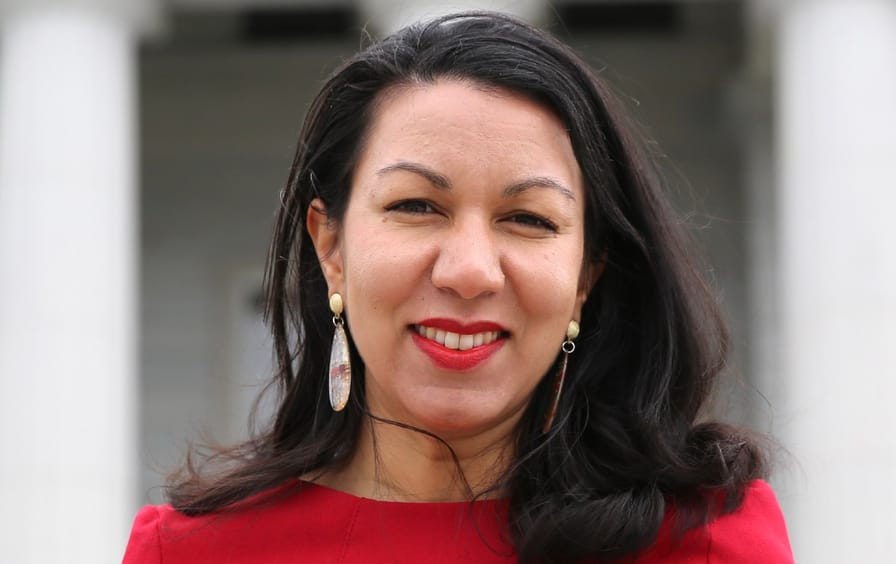Why What Happens In Vermont Shouldn’t Stay In Vermont
It could help progressives in other places build power.

". . .It came about a week ago, the final filing deadline for this year’s statewide elections. Because the state’s senior senator, Pat Leahy, is retiring after this term, its single representative—Peter Welch—is campaigning for his seat. And so in turn several candidates, all of them women, were jousting in the Democratic primary for Welch’s old chair. (In Vermont, the Democratic primary has lately been decisive for federal offices.)
Two of the women—Kesha Ram Hinsdale and Becca Balint—are staunch progressives; the third, Molly Gray, would be more liberal than most Democrats in Congress, but she’s more centrist than her competitors, and has attracted mainstream money for her campaign. So on Friday, at the last possible moment, Ram Hinsdale withdrew from the race and endorsed Balint. “During our time together in the Vermont Senate, Becca and I have always shared the same vision for the future of Vermont,” Ram Hinsdale wrote in a letter to her supporters (a group that included me). “One that champions the needs of working families, bucks the status quo, and fights for everyone in Vermont to have a seat at the decision-making table. I feel lighter knowing that I can support a woman of deep character who has worked so hard and is going to serve Vermonters so well in Washington.”
It wasn’t an easy call—Ram Hinsdale is an ambitious politician, the youngest state legislator in the country when she first ran in 2008 and the youngest Indian American ever elected to state office. And she would have been not just the first woman but the first person of color Vermont ever sent to D.C.
And it wasn’t entirely selfless: She was trailing slightly in the race according to the only poll, and this way she can retain her state Senate seat (perhaps with an inside edge to become the chamber’s leader) and live to fight again another day for federal office. (Bernie Sanders’s seat could come open if he chooses not to run again in two years.)
But her decision did illustrate several things I wish other progressive candidates would keep in mind. . .
[Read between-the-lines https://www.thenation.com/article/politics/vermont-congress-election/ ]
. . .It’s not lost on me that these are women making a smart set of decisions—living in the age of Marjorie Taylor Greene, Lauren Boebert, and Elise Stefanik can make one discount the importance of gender in changing politics, but there’s something there.
And of course they are from Vermont, where politics is generally played in somewhat calmer fashion: All-out aggression doesn’t get you as far here as it seems to in some places. But, truthfully, this kind of calculation shouldn’t be beyond anyone anywhere. The point of progressive politics is not, ultimately, to get a particular person elected; it’s to make change. Which can happen in lots of ways."


No comments:
Post a Comment